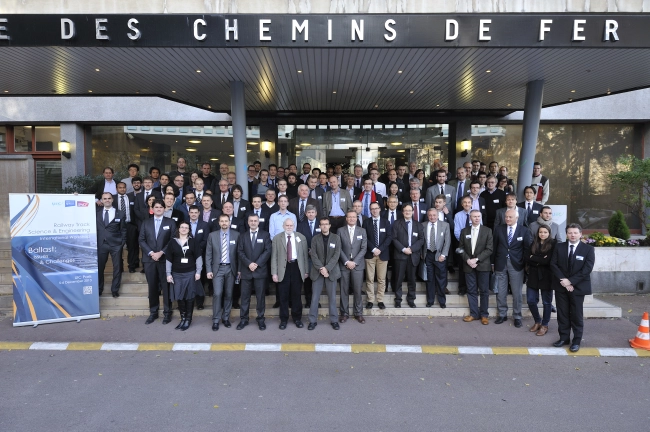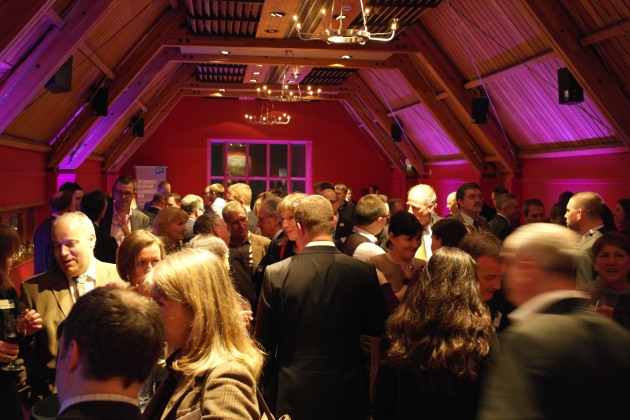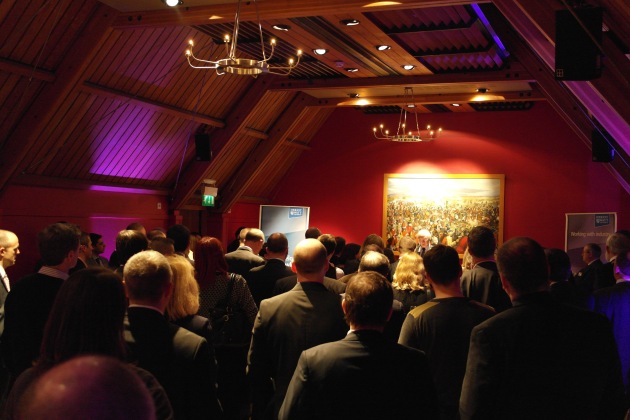November 25, 2013
by joewest31
Last week proved very successful for the university with three awards being presented at two awards ceremonies.

From left to right: Dr. Iain McEwan (Business Development Executive, EPS), Ashley Baker (Macphie) and Prof. Albert Rodger (Scottish Funding Council).
At the Interface Excellence Awards, hosted in the Assembly Rooms in Edinburgh, Heriot-Watt won two of the three awards being presented.
Gillian McFadzean, Director of Research and Enterprise Services and Ashley Baker, Head of Research and Development at Macphie of Glenbervie received the Interface Outstanding Contribution to Knowledge Exchange Award. The judging panel came to the decision to appoint joint winners for this category, recognising both industry and academic contributions.
Macphie of Glenbervie also won the Interface Sustained Partnership Award for their long-standing and continued knowledge exchange partnership with Heriot-Watt.
The university narrowly missed out on a clean sweep of the awards with Dr. Will Shu’s 3D Bioprinter coming second to PAWsitively Natural for the Interface Innovation of the Year Award.

Dr Keith Brown receives the University Electronics Department of the Year award from NMI CEO Derek Boyd and Raytheon’s Brooke Hoskins
Meanwhile, there was also success at Research Institute of Signals, Sensors and Systems won University Electronics Department of the Year at the NMI Electronic Systems Awards at the Millennium Hotel in Mayfair, London.
The category seeks to highlight university electronics departments that best demonstrate excellent liaison & partnership with industry. Judges place a particular emphasis on world-class electronics systems research with a strength in depth and evidence of a strong skills and knowledge transfer record with industry that turns ideas into economic benefit.
The category is sponsored by Raytheon and was presented by the company’s Brooke Hoskins and NMI’s CEO, Derek Boyd.
Speaking at the event Derek Boyd, CEO of UK electronics trade organisation NMI, said: “The institute demonstrated world-class R&D in microsystems and system integration. It has built strong and trusted relationships with key electronics systems companies, with many collaborations and projects leading to commercial success.”





